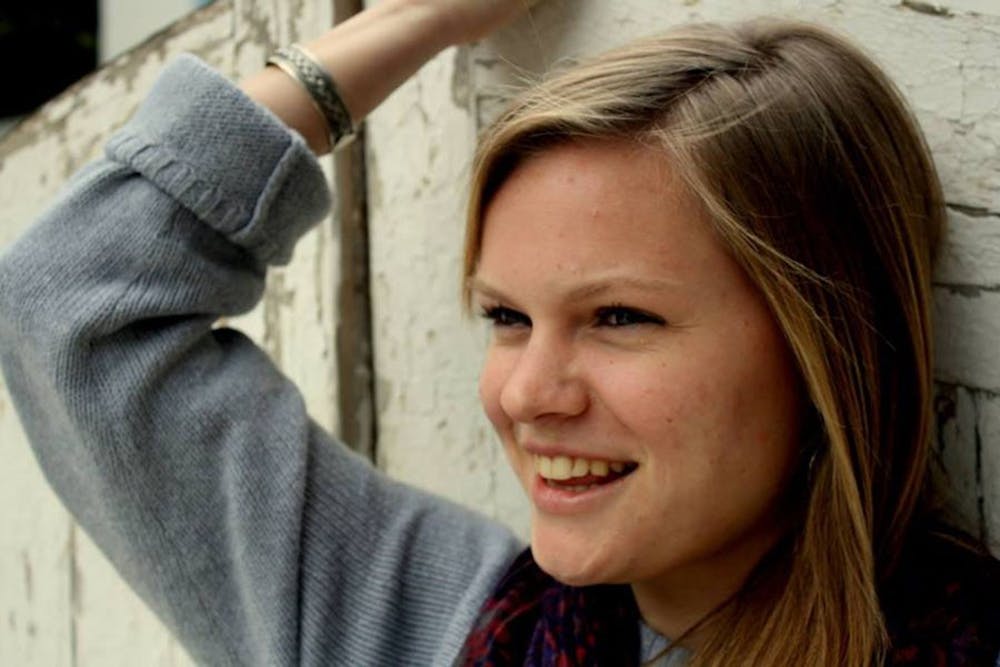By Emily Crane, Former News Editor
Originally published Dec. 6, 2013
I hang up the phone and sit in silence as two big tears roll down my cheeks. I wipe them away, annoyed. I'm a journalist, I'm supposed to be tough as nails, relentlessly pursuing the truth, always looking to tell the best story. Death shouldn't phase me; it should be just another story to tell. But it isn't.
As I listen to a heart-broken mother tell me about how her daughter used to raise prize-winning goats and dreamt of working in physical therapy with children, the daughter goes from being a name in a coroner's report to being a person. As her mother describes her to me, I see her take shape in front of me. How can I not grieve at the task in front of me-to write about her death?
I have taken nearly all the journalism courses there are to take at Miami. I have written dozens of stories for The Miami Student and even worked as a reporter for a few months in Egypt, covering protests and police brutality. But no task has been harder for me than to write the stories of the students who have died this semester. They have to be written; I believe that with my whole heart. And somebody has to write them, and I guess that somebody is me. But there is no instruction manual for how to do it. No amount of coursework can prepare you for the day you are assigned to write about the death of your fellow student. There is no guidebook for how or when to call a grieving mother, a heartbroken wife or a shocked roommate.
I have been faced with a long series of ethical dilemmas: How long should I wait before contacting loved ones? What names should I include in my stories? Do I really have to ask them that? On the one hand, I have deadlines and editors wanting all the facts, and my journalistic integrity to uphold. On the other hand, I have real people, people who are hurt and angry and shocked. I have attended two memorial services this semester and have spoken to the family and friends of all five students who died. And it hasn't gotten easier as I've gone along either. Writing about death is hard and I'm not sure if I'm doing it right. I've sort of been figuring it out as I go.
Decisions made in real time are rarely perfect, but this is what I've come to learn. First, my top allegiance has to be to the public. My foremost job is to report the truth accurately, fairly and to the fullest extent possible-even if that means asking a really difficult question, or printing unpleasant information. Second, I must protect the right of private citizens to privacy by not prying at them or invading their personal space. This doesn't mean I mustn't call grieving family members or friends; it just means that I respect them if they tell me "no." And I must say that there has not been a case yet when I have asked someone to help me tell the deceased person's story and they have refused. Third, even though compassion hurts, it is right. It is right to take on the grief of those I talk to, to let it affect me and my writing. Maybe it's not objective, but at least it's real. And finally, in telling about a person's death, I must not fail to tell about their life. Often, it is in the life of a person that we have the most to learn.




